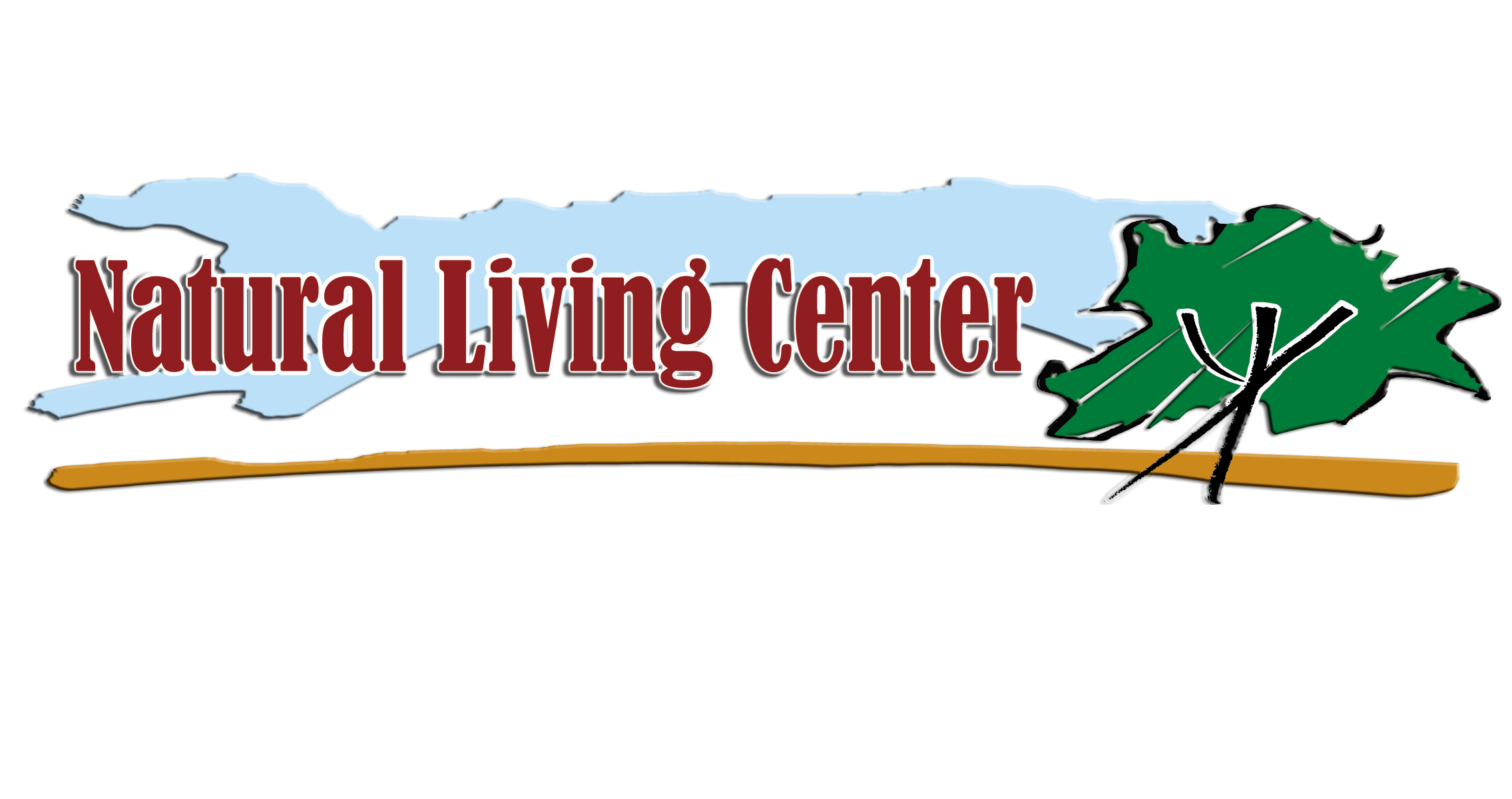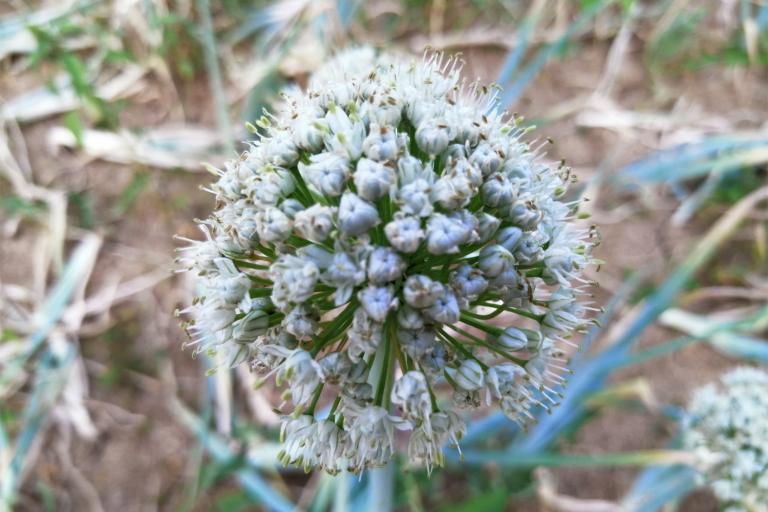What Is NAC?
Since the 1960s, the antioxidant n-acetylcysteine (NAC), which is found abundantly in onions—and to a lesser extent in other members of the allium family—has known popularity as an antidote to certain poisons and as a mucus-thinning substance. The World Health Organization includes it in a list of essential medicines.
As with any supplement you are considering, check with your healthcare provider first. Don’t take more than the recommended dosage.
Why Is NAC Becoming More Popular?
With the rapid spread of COVID-19, which has both a longer incubation period and a higher mortality rate than influenza, many wonder whether particular nutrients can help protect them and their loved ones.
One supplement that is being mentioned is NAC.
Is NAC Effective Against Coronavirus?
-
Not Tested Against COVID-19
There is as yet no research on NAC’s effect on the virus that causes COVID-19. One flu study showed “significantly fewer influenza-like episodes and days of bed confinement” for a group that had taken 600 milligrams (mg) of NAC twice a day for six months, as opposed to a placebo group.
-
Shown to Reduce Apparent A/H1N1
Authors of research on NAC’s effectiveness against another viral illness, A/H1N1, concluded that long-term administration of NAC did not prevent infection, but it did reduce the incidence of “clinically apparent disease.”
NAC Helps Protect Lungs in Pneumonia Patients
Antioxidants, including NAC, have been found to help alleviate lung injury.
Recent studies that added 1,200-1,500 milligrams a day of NAC to conventional treatment for pneumonia, including COVID-associated pneumonia, resulted in reduced inflammation and lung damage and increased blood oxygen saturation.

